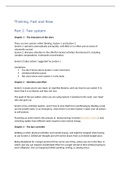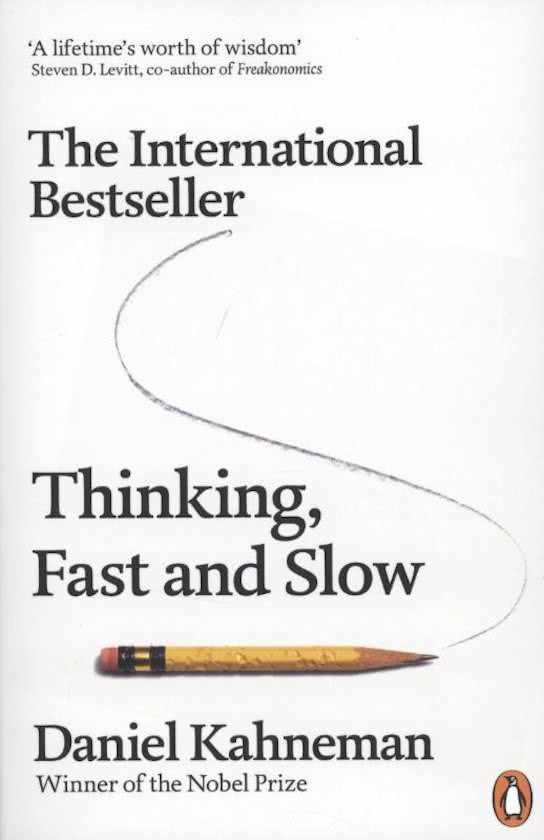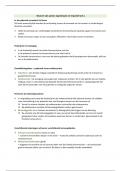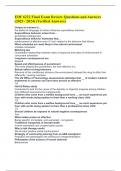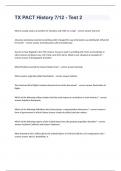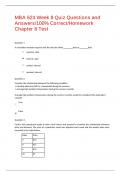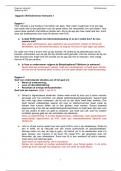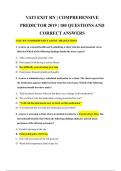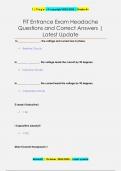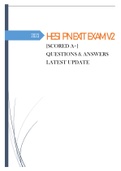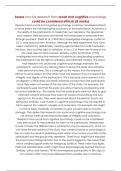Summary
Summary Thinking Fast and Slow, John Elster and Tuberger + lecture notes
- Module
- Institution
- Book
This is a summary for the first year course Introduction to Socials Sciences. The summary consists of the books Thinking Fast and Slow, John Eslter and Tuberger along side some material of week 8 and lecture notes! Basically everything you need for this course is included.
[Show more]
